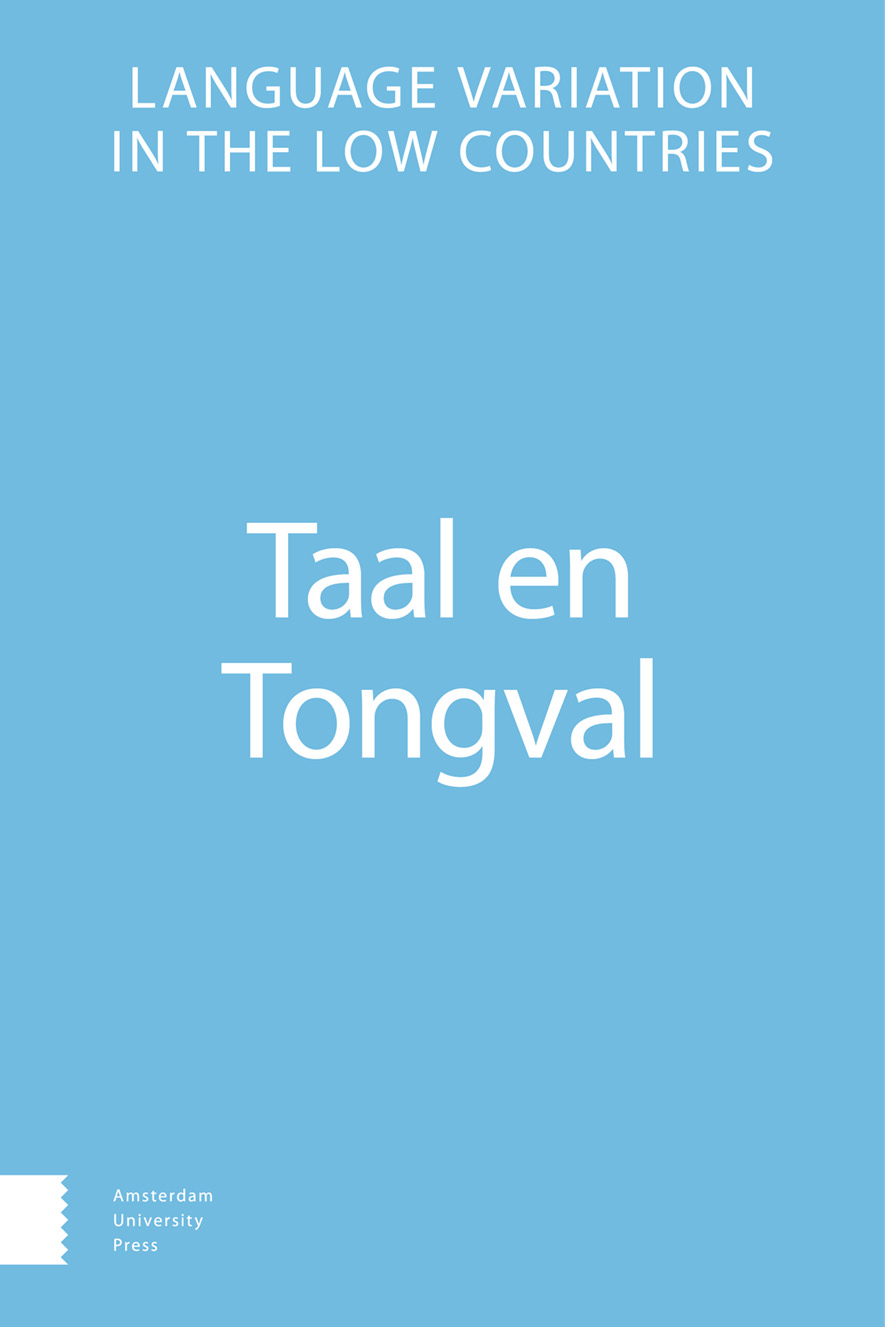-
oa Een voorbeeld van gecamoufleerde taalbeïnvloeding: samenstellingsvormen van sjwa-substantieven in het Fries
- Amsterdam University Press
- Source: Taal en Tongval, Volume 61, Issue 1, Jan 2009, p. 21 - 44
Abstract
Frisian nouns ending in schwa (henceforth: schwa nouns) like brêge (‘bridge’) show unpredictable behaviour when used as a first member of a nominal compound. In some cases the schwa is retained (e.g. brêgeman ‘bridge man’), in other cases the schwa can or must be dropped (e.g. bûsjild ‘pocket money’, from bûse ‘pocket’). Although there are no fixed rules two factors turn out to be crucial: the (non)optionality of the schwa in the simplex word (e.g. brêge ‘bridge’ vs mis(se) ‘church mass’) and the similarity to the Dutch synonymous counterpart (e.g. F. skoalle, D. school ‘school’). In a particular subset of the data the interaction of these two factors has a non-trivial and surprising effect on Frisian word formation.


